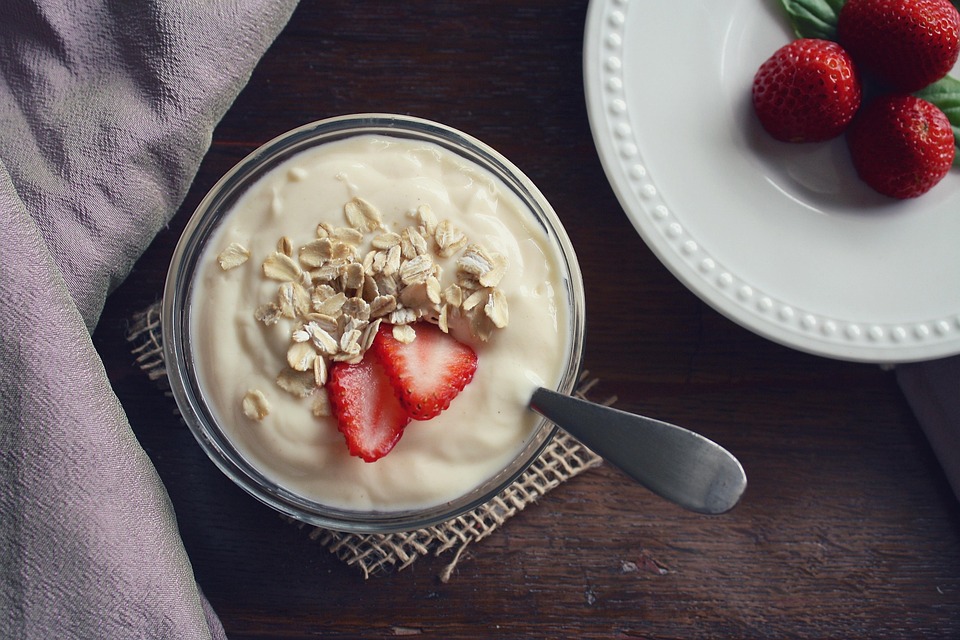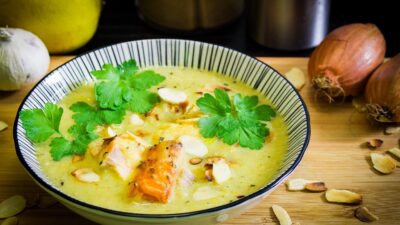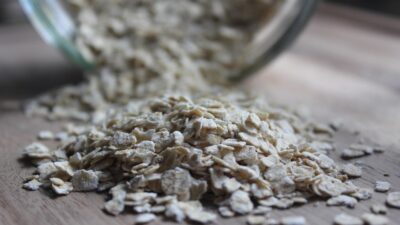In recent years, the demand for dairy-free products has skyrocketed. Whether it’s due to lactose intolerance, vegan lifestyles, or simply a preference for plant-based nutrition, many are on the lookout for alternatives to traditional dairy. Fortunately, with the innovative plant-based market booming, there are numerous substitutes available that can replicate the texture and flavor of dairy.
Dairy Products and Their Plant-Based Counterparts
1. Milk Substitutes
Almond Milk: One of the most popular dairy milk alternatives, almond milk is low in calories and has a slightly nutty flavor. Ideal for smoothies and cereals, its light texture makes it a favorite among many.
Oat Milk: Creamier than almond milk, oat milk has a mild flavor that works well in coffee, baking, and cooking. It also froths beautifully, making it an excellent choice for lattes.
Soy Milk: A protein-rich option, soy milk has a flavor profile closest to cow’s milk. It’s a versatile substitute for baking, cooking, and even in savory dishes.
2. Cream Alternatives
Coconut Cream: For rich, creamy dishes and desserts, coconut cream is unbeatable. It adds a delightful flavor and thickness to soups, curries, and desserts.
Cashew Cream: By blending soaked cashews with a bit of water, you can create a smooth, creamy base perfect for sauces, soups, and even cheesecakes.
Silken Tofu: Blended silken tofu serves as a fantastic substitute for heavy cream in recipes. It can be sweetened or flavored for desserts or used as a thickener in savory dishes.
3. Cheese Alternatives
Nutritional Yeast: This deactivated yeast has a nutty, cheesy flavor and is packed with vitamins, particularly B12. It’s excellent for sprinkling on popcorn or adding to pasta for a cheesy flavor without dairy.
Vegan Cheese: Made from nuts, soy, or tapioca, vegan cheeses come in various forms, from slices to shreds. They melt well and can be used for pizzas, sandwiches, or as a topping.
Tofu Ricotta: Crumbled tofu mixed with nutritional yeast, lemon juice, and herbs makes a delightful ricotta substitute that can be used in lasagna or as a spread.
4. Yogurt Alternatives
Coconut Yogurt: Creamy and delicious, coconut yogurt is a wonderful breakfast option. Look for brands with live active cultures for probiotic benefits.
Soy Yogurt: This protein-rich alternative is available in numerous flavors and offers a similar texture to traditional yogurt, making it a perfect base for smoothies or parfaits.
5. Butter Substitutes
Vegan Butter: Typically made from oils and starches, vegan butter can be used in the same way as regular butter in baking and cooking.
Coconut Oil: This solid fat can replace butter in many recipes. It adds a subtle coconut flavor, which can enhance both sweet and savory dishes.
6. Meringue Alternatives
Aquafaba: Arguably one of the most magical dairy-free substitutes, aquafaba—the liquid from canned chickpeas—can be whipped into a fluffy consistency similar to egg whites. This makes it possible to create meringues, mousses, and even mayonnaise without any eggs!
Conclusion
With the array of dairy-free substitutes available today, it’s easier than ever to prepare delicious dishes without traditional dairy ingredients. From creamy cashew-based sauces to fluffy aquafaba meringues, the world of plant-based alternatives is not only accessible but also exciting. By experimenting with these substitutes, you can enjoy a diverse and flavorful diet while adhering to your dietary needs or preferences. Whether you’re a seasoned plant-eater or curious about trying a dairy-free lifestyle, the transition can be smooth and incredibly tasty!



